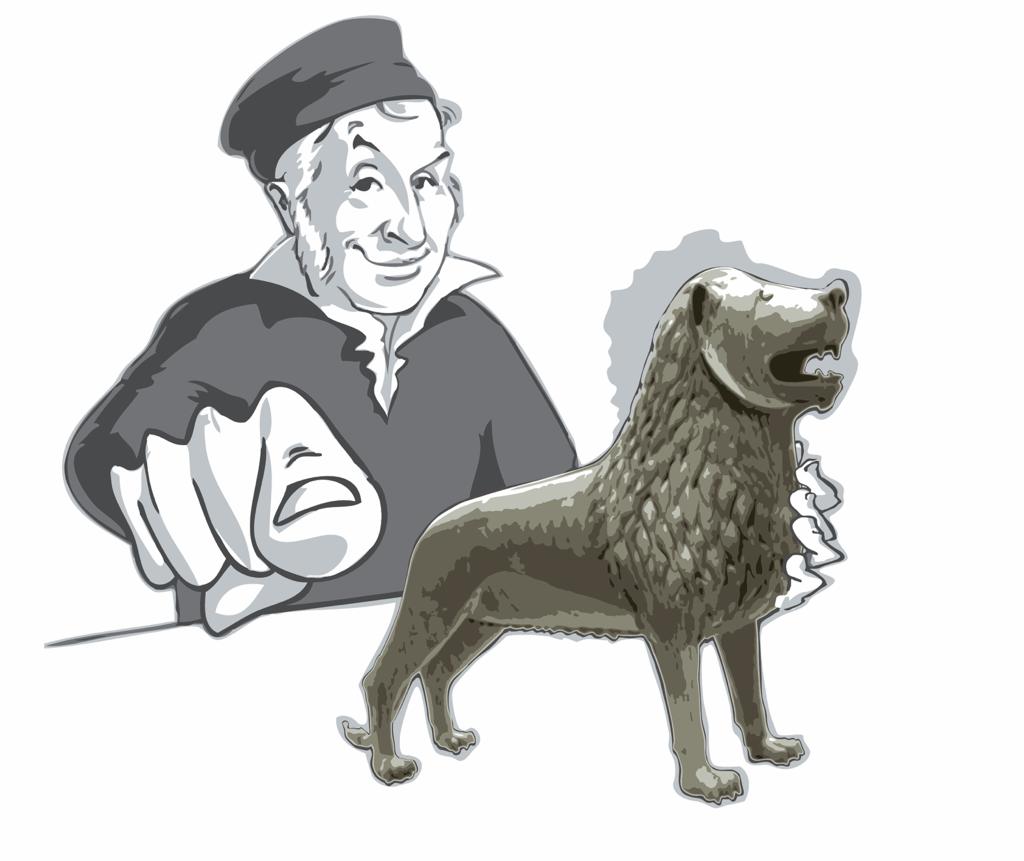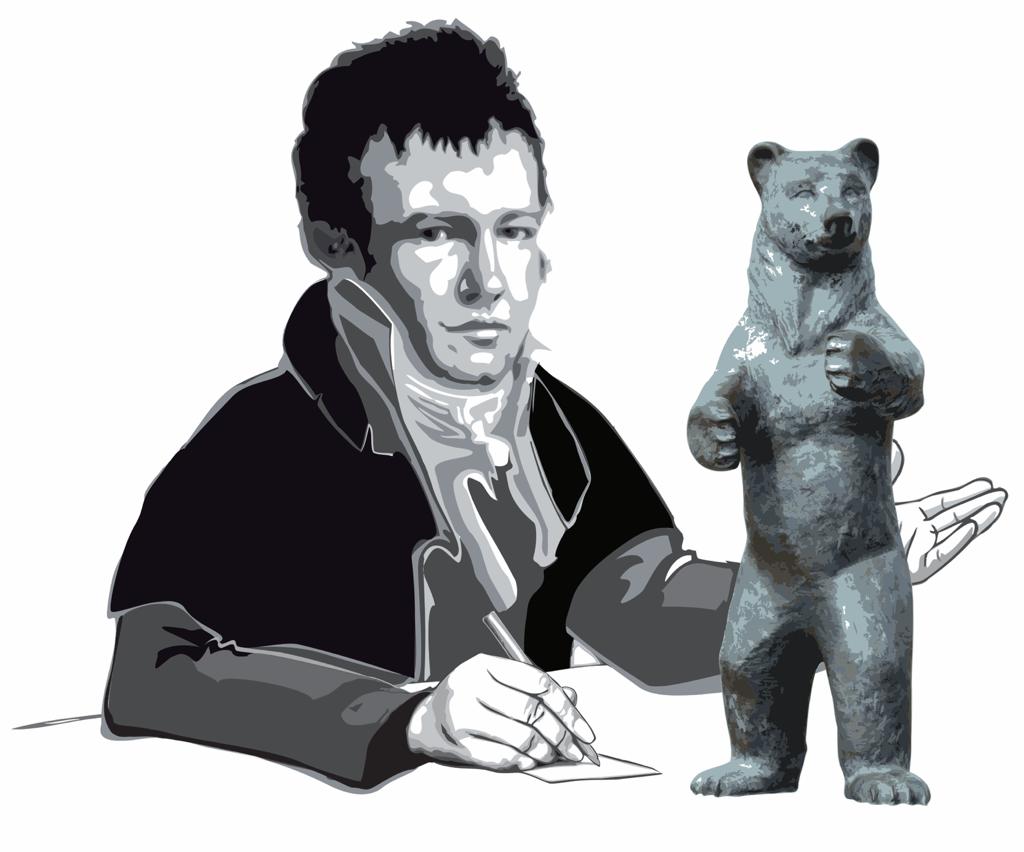
Johann Carl Friedrich Gauss – When one hears this name, he/she immediately thinks of the innumerable mathematical merits that have been discovered by him, which represent today’s foundation of mathematics: Whether it is the Gaussian normal distribution, the Gaussian quadrature or the Gaussian integral theorem – one encounters him in numerous formulas and methods of mathematics which are still very much valid today. Born on the 30th of April 1777 in Braunschweig, Gauss began his studies in mathematics at TU Braunschweig when he was 18 years old and went in the year 1795 to the University of Göttingen and was awarded the doctor’s degree at the University of Helmstedt in the year 1799. Throughout his academic career he was under the patronage of his highness, the duke of Braunschweig. After his doctorate he lived in Braunschweig, where he worked on his book: Disquisitiones Arithmeticae.
Apart from mathematics, Gauss was also interested in other disciplines such as physics, astronomy and geodesy, and particularly very committed and interested in the field of philology. In addition, Gauss spoke fluent English and French, had a good hold on the literary languages from the antiquity and could speak in many modern European languages (Spanish, Italian, Danish, and Swedish). He also engaged himself with Russian literature as he grew older and used his international contacts to develop an even better understanding of the languages and always tried to read books in its original native language, as written by the author.
His understanding of languages became increasingly differentiated, which is also reflected in the love letters written by him. These letters are so beautiful composed, that they have to be made
public. To immortalise his work, is a very important project for Gauss Friends and hence the project is already in its planning stage. Through the cultural diversity of the club, it might also be possible here through the collaboration of students, interested people and researchers, to be able to translate these beautiful love letters into different languages.
Gauss shows that science and literature need not be mutually exclusive; they both are characterized by creativity and enthusiasm for matter. Hardly any person symbolizes the connection between science and culture better than Johann Carl Friedrich Gauss does. Inspired by this, the Gauss Friends want to make abstract sciences accessible to anyone interested, so that their enthusiasm is sparked. This should be realised by excursions offered, international theatre plays (in which the play will be held in several languages during the performance) and also introductory courses in physics for children so that the little ones don’t “fear” abstract sciences.



You must be logged in to post a comment.